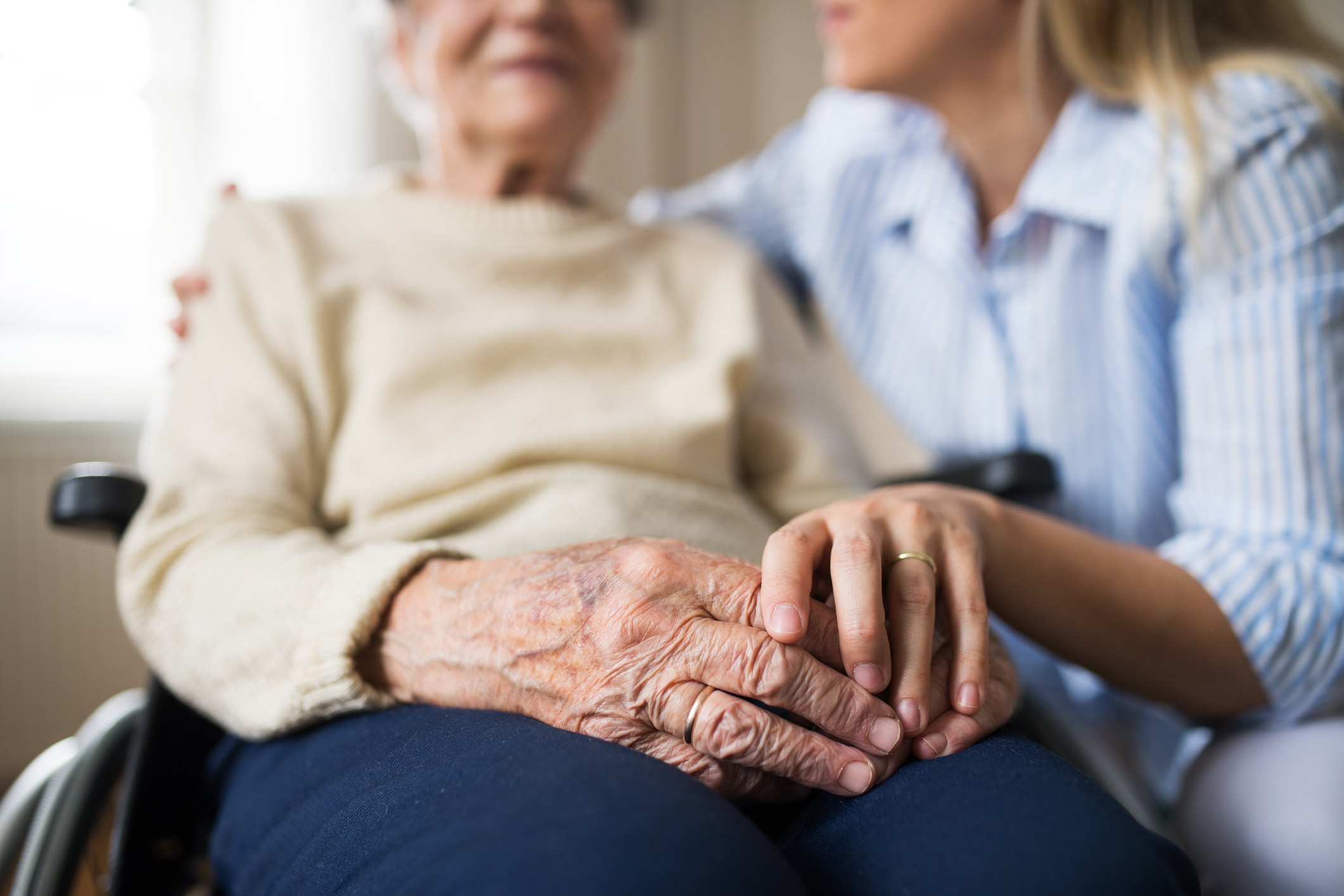Signs & Symptoms That Your Loved One Could Be Ready for Hospice
Caring for a loved one who is aging or living with a life-limiting illness is a selfless act of love. Being there for them in their time of need is one of the greatest gifts you can give. However, that does not mean it is always easy. It can be overwhelming at times, especially when new symptoms arise or changes in behavior occur. It’s normal to feel unsure or uneasy at times. At Faith Hospice, we always strive to ensure that those in our community are as well-prepared as possible during these difficult times. In this blog, we’ll discuss some signs and symptoms that could signify that your loved one is ready to start receiving hospice care.Hospice Care is Quality of Life Care
Remember, when someone enters hospice, they are not “giving up.” Hospice care is about increasing the quality of life for patients up to months before their death. Our team of doctors, nurses, social workers, and chaplains provides the care patients need to live as well as possible for as long as possible. They also provide important support, guidance, and respite for family members or friends acting as caregivers. With a team to stand behind you, you’ll feel more prepared and empowered to make decisions during this time.What to Look For
While everyone’s end-of-life journey is unique, there are some symptoms that often occur. If ongoing and chronic, it could be time to start exploring hospice as a way to increase your loved one’s quality of life and comfort. The following list is an overview of signs to be aware of:- Trouble breathing
- Ongoing pain
- Chronic Nausea/Vomiting
- Recurring infections
- Inability to dress or bathe themselves
- Increased anxiety or agitation
- Significant weight loss
- Loss of appetite
- Areas of swelling
- Wounds that aren’t healing
- Multiple hospital visits
- Decreased communication skills
- Inability to physically support themselves

